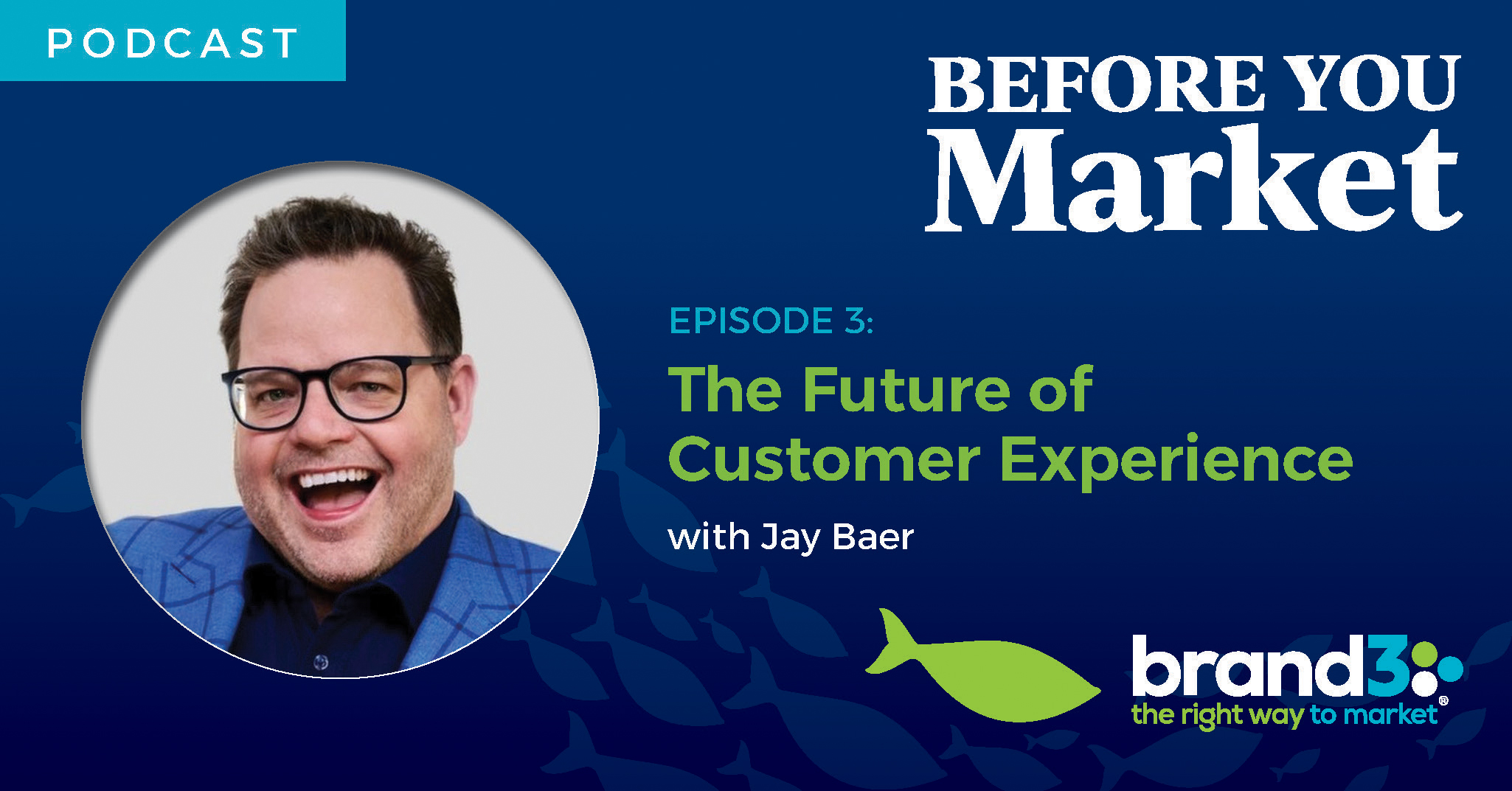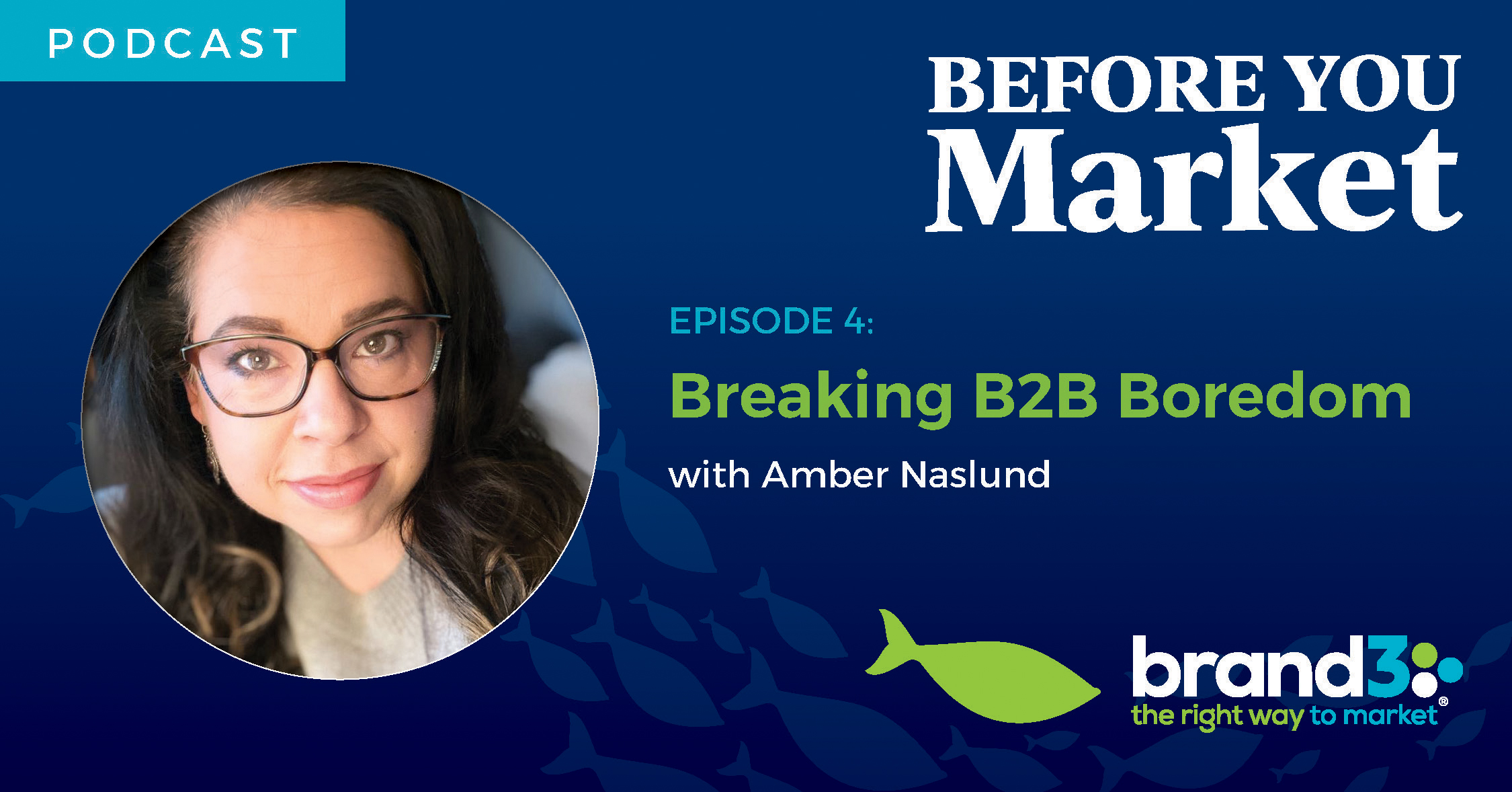
If you’re running a business without the benefits of a business website, chances are you’re old school. Maybe you think you’re doing just fine with word of mouth, or an occasional post on your Facebook page. Or you’re just not tech savvy and you’re worried about that. Or you think a business website will be too expensive.
The truth is, a WordPress business website is pretty affordable, easy to update, and you can see a pretty quick return on your investment. Not convinced? Let’s take a look at some of the top reasons you need a business website, now, more than ever.
The number one reason you need a business website is that your prospective customers need to be able to find you online. Why? Because that’s where people are looking when they’re thinking about buying a product or hiring a service provider. Check out these statistics:
So if people don’t see your website in the search engine results pages (SERPs), they may not even know you exist. But they’re finding your competitors. Gone are the days when people looked through the Yellow Pages to find a product or service. Nearly everyone goes online.
You also need to ensure that whoever builds your business website uses responsive web design. This means that your website appears properly on ANY device – desktop, laptop, tablet, mobile phone, etc. without any pinching, expanding, or swiping.
This is important for a number of reasons including:
But just building a website is not enough. You need to work with a web design and development company that knows how to do search engine optimization (SEO) as well. Because SEO is what can get you on that first page of search results.
SEO targets high quality traffic, without paying for advertising. You focus on attracting web users who are actively looking for help, or for the products and services you provide. Some of this is done on the backend of your website (the part visitors don’t see) and some of it is done on the front end (the part people can see.)
SEO is not a do-it-yourself project. But working with professionals can pay off. Some statistics to consider:
A business website also shows you are a professional, legitimate business. Through your business website, you can show your expertise and authority. You can include your client list, portfolio, and customer testimonials.
Be sure to include your address, phone number, and a contact form on your business website. (You’d be surprised how many websites leave out some of this important information.) Providing this basic information tells site visitors if you are local to them, and encourages them to contact you. Your business may be open 9-5, but your business website is open 24/7. Be sure to have someone who answers those contact form inquiries within a few hours, or at the very latest, early the next day.
A professional business website that looks good, is easy to use, and loads fast is important as well. The statistics bear this out.
So we’ve gotten through some of the mechanics of your website design, and how you can use SEO to get people to your website. Once you have someone on your site, it’s your chance to clearly tell your brand story.
Your business website must be clear, cohesive, engaging, and informative. Your website is one of the most important tools for your brand. You have complete control over how your story is narrated through copy, graphics, image, and video. The advantage is that you get to create a digital space that is identifiably and functionally your own, and you get to speak directly to the needs and desires of your ideal customers.
Your web presence should be consistent in appearance and tone, from your website to your PPC ads to your social media, as well as with all printed materials you may use to operate or promote your business.
And of course, your business website allows you to showcase your products and services. High quality images are essential for this. And with a website, you can update those images on a regular basis – something you can’t do with your print materials.
You can use your website to engage with prospective customers, and let them know how your products or services will solve their problem, or get them what they want. You want to be sure you have a clear Call to Action (CTA) that tells them what to do next – Call Now, Buy Now, Schedule an Estimate, etc.
A business website also allows you to sell products online, even if you have a brick and mortar store. This feature became increasingly important for businesses during the COVID-19 pandemic. If your business had to close, you could still sell products and arrange for delivery or curbside pickup. Businesses without a website didn’t have this option.
This may sound obvious, but you can also use your business website for lead generation. In this instance lead generation refers to the online marketing strategy of offering “gated valuable content”, like a coupon or a free download, in exchange for a customer’s contact information.
The landing page is an indispensable part of marketing for lead generation. Landing pages are critical in helping you to generate leads, starting a qualification process and then moving them through your sales process and converting them into new customers. But make them enticing. Your landing page now has just 7 seconds to convince people to stay.
On the landing page, visitors must fill out a form. Though the information you request will vary, most of it will encompass contact information and demographics. Of course, contact information gives you the information you need to start contacting leads. Data from landing pages can be tracked, and this can help you understand just how engaged your prospects are.
You’ll get to know if a prospect has downloaded multiple offers and signed up for several webinars, for example. This indicates the prospect is highly engaged and ready to purchase soon.
In addition to using landing pages on your website for lead generation, you can also use them to speak directly to different segments of your audience. It is beneficial for you to create certain landing pages for certain market segments. For instance, if you are a landscaping business who also builds pools, the market for these two services may be different. Having a landing page for both options to be very specific to each target market.
In addition, you can track and analyze landing page data to better understand how well your marketing offers are performing. You can compare data from various offers to see what’s working and what isn’t, so you can optimize your marketing dollars. Data from landing pages include time on page, conversion rate on this page, exits or bounces from this page, and number of leads generated from this page.
A business website also allows you to take advantage of the practice of content marketing. Briefly, content marketing is creating relevant, informative, and useful content to attract a defined audience, and eventually, to drive the conversion from site visitor to paying customer.
Examples of content include blog posts, videos, infographics, e-books, case studies, interviews, and more. In most cases, you will want to work with an outside firm to create your content, as they are the experts in creating compelling, optimized content.
A few reasons to embrace content marketing include:
With a business website, you then have the opportunity to take advantage of Google Analytics. You can find out all sorts of things about your website visitors: where they come from (both physically and how they got to your site), age, gender, what content they are looking at, bounce rate, and more.
With this analytical goldmine, you’re able to hone in on your marketing strategy and convert more for less. And since less than 30% of small businesses use website analytics, you have another opportunity to outsmart your competition.
Numbers 1-9 are all intertwined. What they all have in common is you can’t reap any of those benefits and insights unless you have a business website. When it’s done right, your website can become a lead generating machine, and a top source of revenue for your business.



